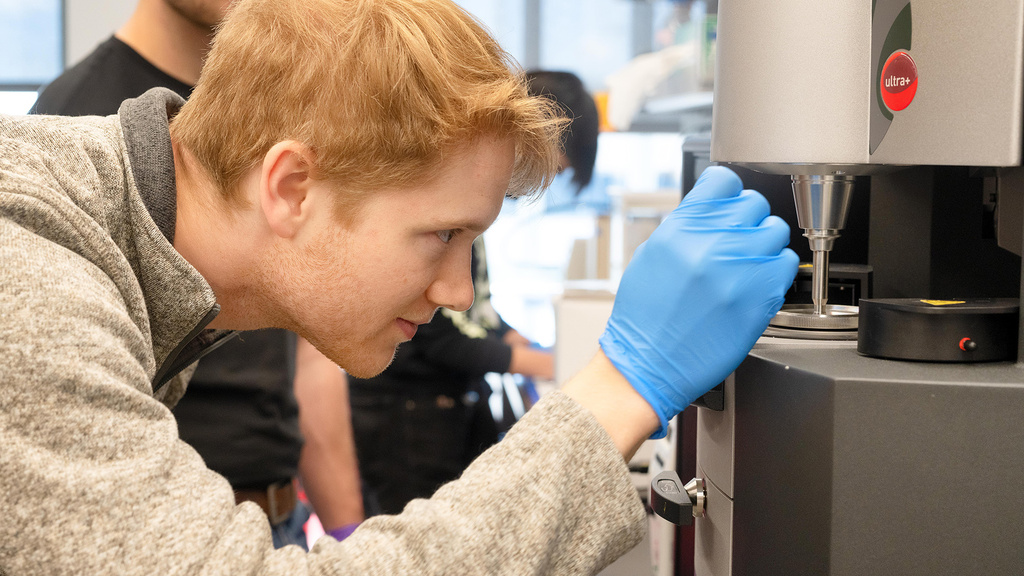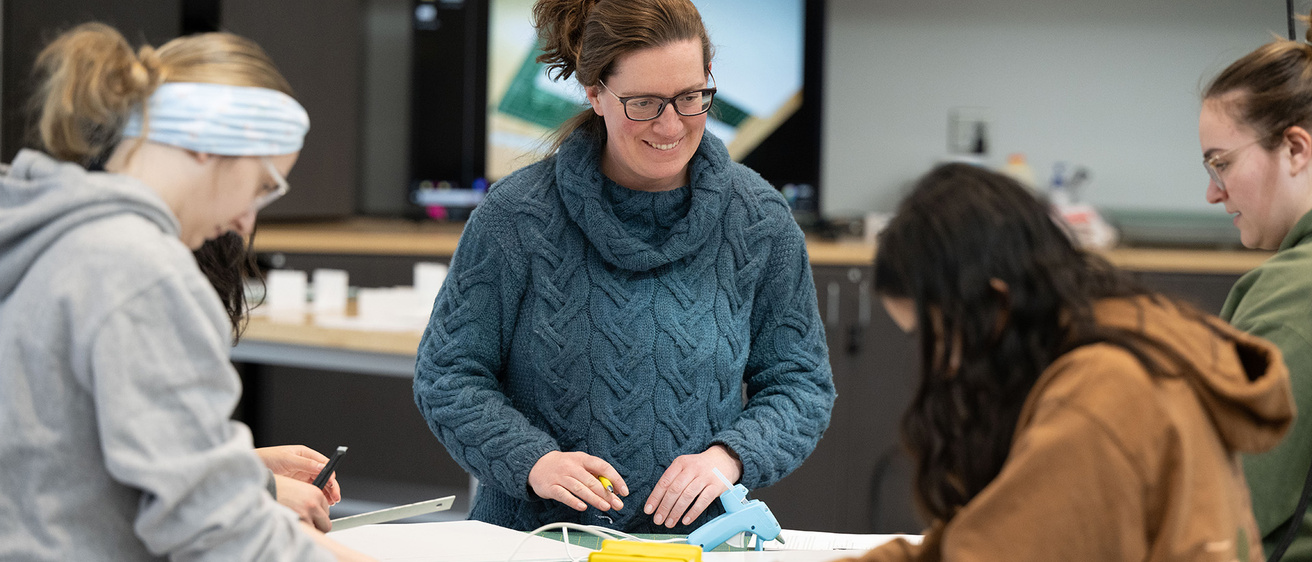Find out which high school and college courses best prepare you for biomedical engineering — from biology and calculus to coding and design labs.
If you're interested in helping design the future of health care — from developing artificial organs to wearable health tech — biomedical engineering might be the path for you.
Biomedical engineering links biology, medicine, and engineering to improve human health. Many engineering students choose this major as preparation for medical school. But before you dive into this interdisciplinary field, it's important to understand which classes will prepare you best for success.
Whether you’re in high school or just starting college, choosing the right mix of math, science, and technology courses can build a strong foundation. Here’s what you need to know about charting your academic path toward a biomedical engineering degree.
Which high school subjects are best for biomedical engineering?
To prepare for a biomedical engineering degree program, high school students should focus on science and math — especially the classes that challenge your problem-solving and critical-thinking skills.
“In high school, it is important to take as many math and science classes as possible,” says Josh Atcher, director of academic advising and student support in the University of Iowa College of Engineering. “In terms of math, take pre-calculus at the very least, and move on to calculus and go as far into that math sequence as you can.”
Important courses to prioritize:
Biology
Understanding cells, systems, and genetics is essential for connecting engineering principles to the human body.
Chemistry
This gives you the basics of how materials interact — key knowledge when designing implants or drug delivery systems.
Physics
Learn the forces and mechanics that apply to everything from prosthetics to biomechanics.
Calculus
This math foundation is critical for modeling systems, analyzing data, and building simulations.
Computer science
Whether you’re analyzing imaging data or coding for medical devices, programming skills are increasingly valuable.
Many of these subjects align closely with biomedical engineering degree requirements, so getting a strong start in high school gives you a real advantage.
Be sure to challenge yourself, because a biomedical engineering curriculum will challenge you. Take Advanced Placement (AP) and/or International Baccalaureate (IB) versions of these classes, if available, to help you show readiness for a collegiate curriculum (and potentially earn some college credit in the process). Additionally, see if your high school has an arrangement that would allow you to take classes at a community college or other educational institution so you can earn credits while finishing up your high school career.
“If you have the opportunity, take AP courses,” Atcher says. “Those are going to be more rigorous, more advanced — and still you might come to college and need to take some of those courses at the college level. But these classes are going to set you up to be very successful in your engineering coursework.”
This is a good idea even if you’re not going into biomedical engineering. A lot of your peers will set foot on campus for their first semester with college credits in the bank. For example, of the 5,561 first-year students in the University of Iowa’s incoming 2025 class, more than half (3,289) arrived on campus with college credit.
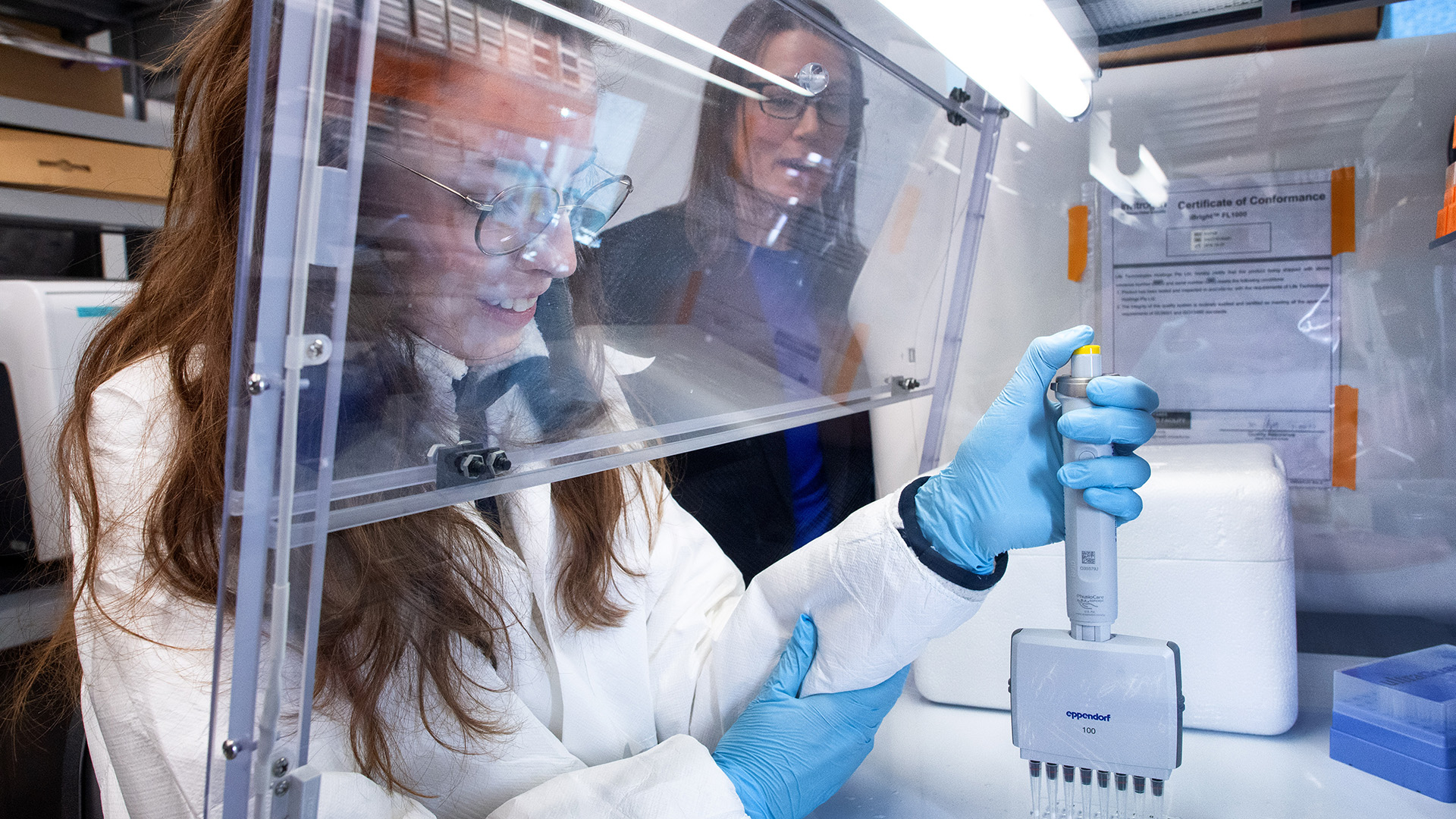
What college courses should I choose for biomedical engineering?
Assuming you take the direct route of declaring a biomedical engineering major, the courses you take will hinge on the program’s curriculum. Many programs will have specific tracks or concentrations — if you already know which direction you want to go, you can choose classes that satisfy that area, be it biomaterials, medical device design, medical imaging, or any other option on offer.
And if you’re not sure? No problem. Use your first two years to explore tracks until you zero in on the path you want to take. Students often gravitate toward a particular focus based on interests they discover through their foundational courses.
“Once you’ve decided on biomedical engineering, keep an open mind,” says Nicole Grosland, associate dean for academic programs and distinguished professor in the University of Iowa College of Engineering. “Think about what excites you. Do you like coding? Mechanics? Biology? These interests will help guide your exploration. Also consider job prospects and whether you want to work in industry, research, or health care.”
While researching biomedical engineering programs, prioritize universities that offer interdisciplinary training and connections to health care or industry.
“Biomedical engineering encompasses a broad range of interests, so make sure the school has the resources to support the track that interests you,” says Kelsey Lyons, a University of Iowa biomedical engineering grad and fourth-year student at Georgetown University School of Medicine. “Those on the pre-med track really benefit from having a medical school or teaching hospital on campus, even if it’s not the med school you end up choosing after getting your degree. If you’re more inclined to computer science, make sure your program incorporates coding classes. Interested in product development? Make sure there are courses in computer-aided design or access to 3D printing.
“I was able to take several classes in the College of Public Health; some of my fellow BME majors with an eye on business elements interacted with students in Iowa’s Tippie College of Business,” Lyons says. “Look for this potential for crossover.”

“Think about what excites you. Do you like coding? Mechanics? Biology? These interests will help guide your exploration.”

Is biomedical engineering a lot of math?
Yes — math plays a central role in biomedical engineering.
You’ll need to be comfortable with:
- Calculus: For modeling systems and solving complex equations.
- Differential equations: To understand dynamic processes such as blood flow or drug absorption.
- Linear algebra: This often is used in imaging and biomechanics.
- Statistics: It’s essential for interpreting experimental data.
If math isn’t your strong suit yet, don’t worry. Schools like the University of Iowa offer tutoring, study groups, and one-on-one advising to help students succeed — and not just for math. Iowa alums cherish the support they found in the College of Engineering.
“I went in thinking I was going to be at some big state university with 200 people in all my classes, and I'm just going to go to the lecture and do my work and then leave,” says Iowa biomedical engineering alum Austin Caldwell, now a research and development engineer with Boston Scientific in the Minneapolis area. “But there were tutoring sessions and additional office hours and sessions in small groups — I was really impressed by all that. It inspired me so much that I became a tutor as a senior, because I appreciated the help I received in my early years.”
The hard work is worth it: Mastering these subjects will pay off in both your coursework and your future career.
What certifications are needed for biomedical engineering?
Most biomedical engineers do not need specific certifications to get hired, but pursuing them can improve your job prospects and professional credibility — especially in specialized fields.
Examples include:
- EIT (Engineer in Training): A step toward becoming a licensed Professional Engineer (PE)
- FDA/medical device regulations: For those working in product development or quality assurance
- Software certifications: In programs such as SolidWorks, MATLAB, or LabVIEW
The University of Iowa supports students in pursuing credentials that match their interests. For instance, Iowa offers an engineering-specific certificate, the undergraduate Certificate in Artificial Intelligence, Modeling and Simulation in Engineering, and the Iowa Initiative for Artificial Intelligence offers short courses and certificates that will develop your proficiency.
Regardless of institution, advisors can help you identify certifications that align with your career path, whether that’s working in a hospital, a research lab, or a medical technology startup.
Related content
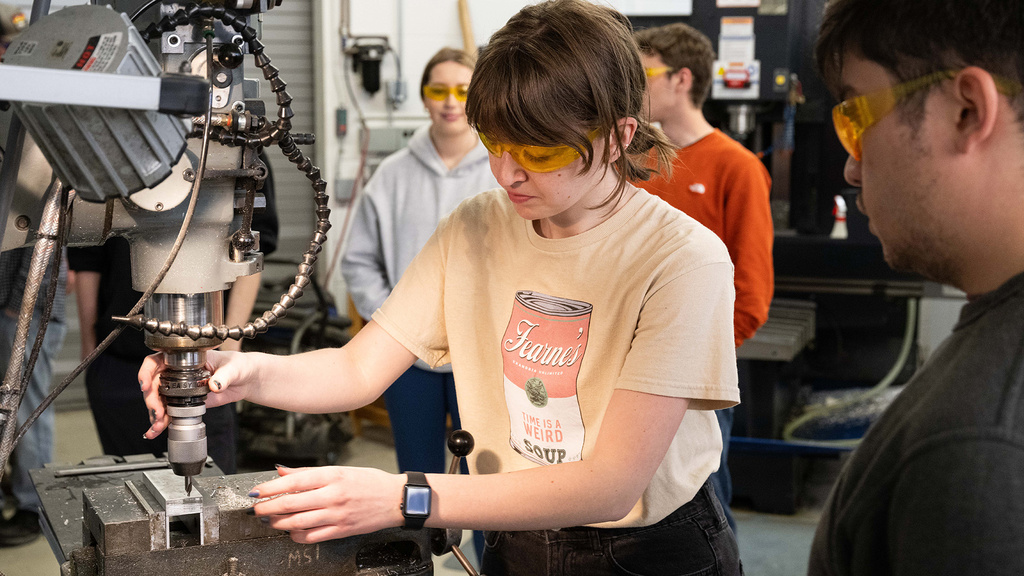
Biomedical engineering degree requirements: What you'll need, from start to finish
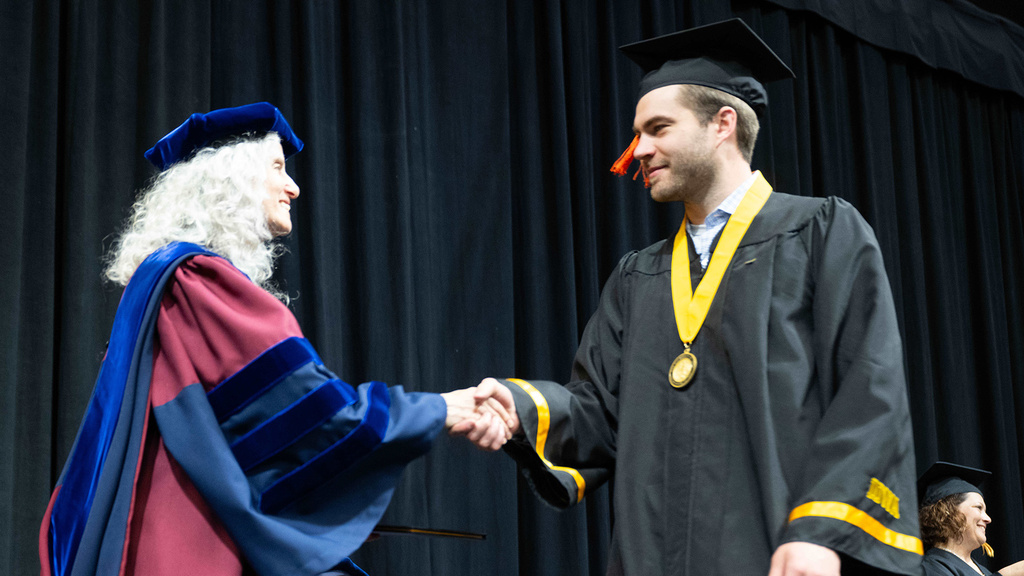
How long does a biomedical engineering degree take?
